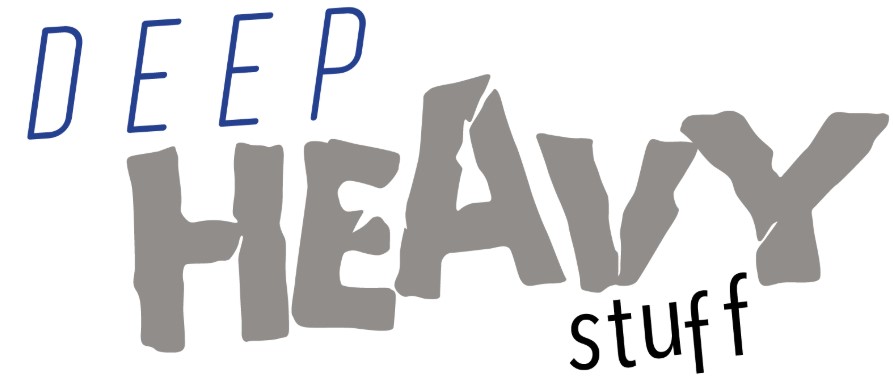Your boss, spouse, coworker, colleague, child, acquaintance,
stranger, or sometimes even a friend, unleash a verbal tirade upon you
unexpectedly. Or maybe, it’s just a casual statement that highly annoys you.
You feel (pick one, or many): angered, threatened,
demeaned, disrespected, marginalized, insulted, offended, disgusted, fearful, irritated,
or repulsed.
So, how do you react? Or -- how do you respond?
Don, that question is redundant, isn’t it?
React and respond are the same thing, right?
No, they are not. And understanding the difference can
change your life.
Are you telling me that knowing the distinction
between these two similar words is that important? How?
When you react to people, it
is an emotional outburst most likely delivered with the same antagonism as the
offending statement. You speak without thinking; the words fired out of your
mouth like a sub-machine gun. They are angry, sarcastic, venomous, biting,
cutting, and hurtful words.
Reactions can destroy
relationships and reputations. Reactions can produce hurt feelings and pain
that sometimes take years to heal. Reactions cost people their marriages, jobs,
friends and sometimes even their lives.
Reactions almost always lead
to arguments, rather than discussions. Unfortunately, the arguments lead to
even more reactions, with both parties’ sub-machine guns blasting away. If you
need examples, just look at the politicians, twitter wars, or the flaming
fights on Facebook.
Well yes, reactions are bad,
but why are responses any different?
A response is a rational,
calmer action designed to diffuse the situation and start a discussion, instead
of a heated argument. An important aspect of a response is to gain insight into
why the person has just unloaded upon you. Therefore, one of the best responses
starts with you asking a question. If you can’t think of a question related to
the subject, a good option is: Why are you so upset?
This allows you to gain a
better understanding of the situation, enables the other person to continue to
vent, and gives you time to formulate a second, more relevant question.
Sometimes, the “why are you angry?” question will totally change the tenor of
the discussion, as the person realizes they have spoken too forcibly. Often,
they will apologize, and then a purposeful conversation can begin.
But Don, how does letting the
other person keep ranting and raving help things?
Because it puts you in control
of the situation. While the other person is out of control, you can be
formulating your response. You may choose to disagree, but it is possible to do
so in a calm, mature manner. You may even decide to be charming in your reply.
But the goal is to defuse the situation, not escalate it. Unfortunately,
sometimes your calm response will enrage the person even more because they are
looking for a fight, and they will start spouting off again. But then, still, you
can remain in control of the situation and respond accordingly. Just because
they want a fight, doesn’t mean you must participate.
There are situations in which
you will have time before you choose to respond or react. For example, when you
get upset by an email, post, or tweet. How many times have we reacted to that
situation with a nasty missive back, fueled with emotion? How did that work out
for you? It made you feel good in the moment – caused you regrets for a much longer
time. When you have time to formulate a response, the critical question is:
What do I want to happen next?
Once you know what a desirable
outcome of the situation is, craft a careful, strategic response that supports
your intent. Resist the temptation to say to yourself: “I’m going to give him a
piece of my mind!” “I’m going to show her just how stupid she is.” “I’m going
to show them who’s boss,” etc. etc. etc.
These reactions make us feel
good in the moment, but, if after the smoke clears, the situation hasn’t
changed, or maybe now it is worse, what have you gained. You still wake up
tomorrow with an ongoing conflict or problem.
Look! There’s a raging
conflict burning out of control. Is it better to pour gasoline on it – a
reaction? Or is it better to pour water on it – a response? You very rarely
have to apologize for a response, but you often have to apologize for a
reaction.
Okay, Don, reactions are harmful.
But they are just natural tendencies. It’s what I do in that situation. It’s
what I’ve always done. How do I change that?
And now we come to the difficult
part of this post. Easy to say, hard to do. This is a learned behavior, but the
sooner you understand and can implement this change, the better your life will be.
Again, it can improve your marriage, your relationships, your career, etc. It
is one of the most valuable life skills to acquire and practice.
So, the next time you are
faced with a conflict situation: Will you react, or will you respond?


Cool post. Astute insights. :)
ReplyDeleteThank you!
ReplyDelete